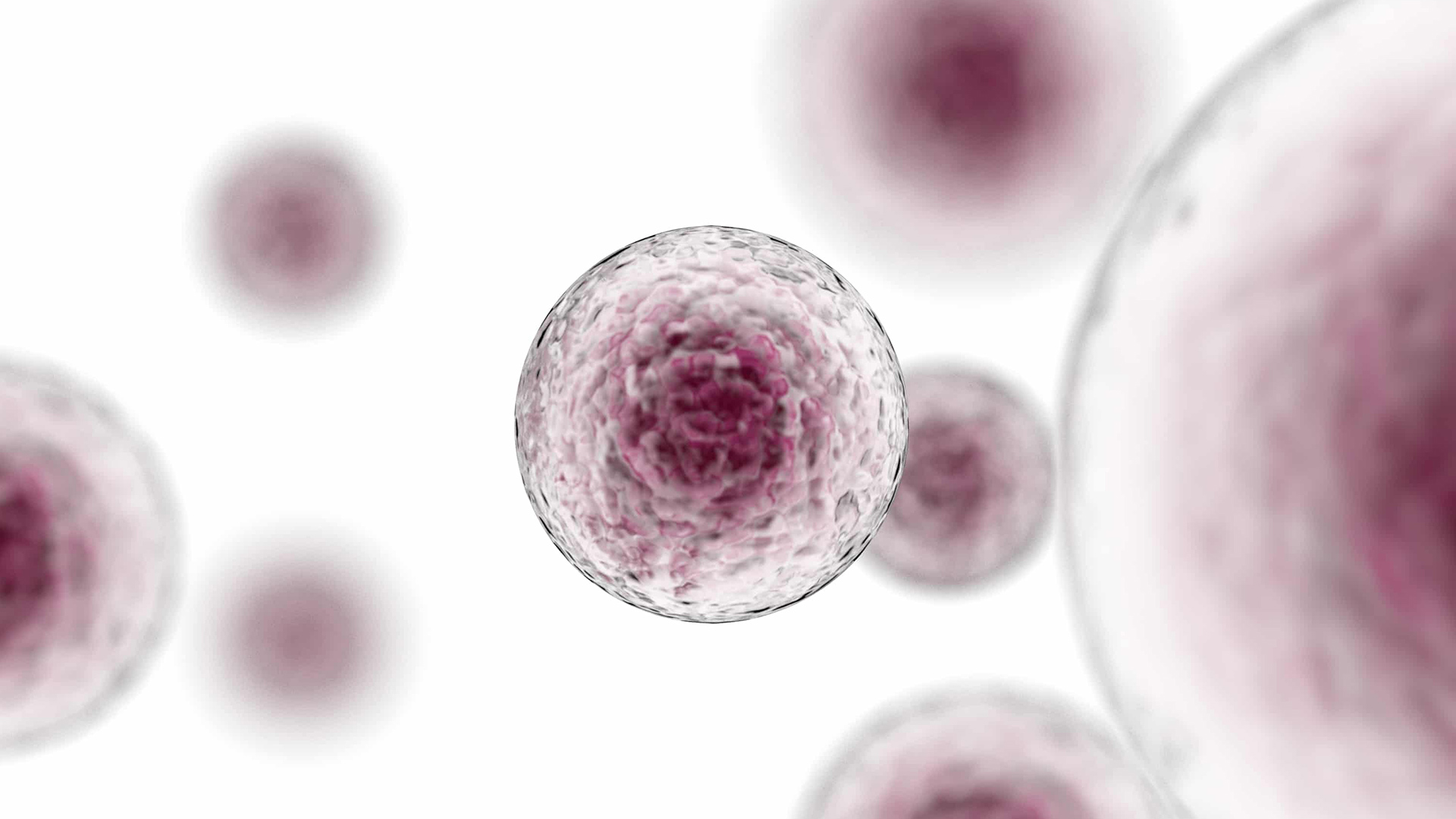Hematopoietic stem cells
Hematopoietic stem cells are the stem cells from the blood taken from the umbilical cord, they are upper cells, which represent the structural components (bricks of life) of the hematopoietic system and the body's immune system. These cells are 100% compatible with the child, they also have a degree of compatibility with other family members. It presents certain advantages compared to adult stem cells (Ex.: those from the bone marrow) in terms of reproduction capacity, immediate availability and compatibility.
Mesenchymal stem cells
Mesenchymal stem cells are undifferentiated cells that can later develop organs and tissues. Laboratory studies and experiments show that tissues such as bone, cartilaginous, dental, heart valves, liver tissue and even nerve tissue can be regenerated from mesenchymal stem cells.
Telocytes (T lymphocytes)
Telocytes are cells with a small body, but with extremely long extensions, present in almost all organs of the body. The role of these telocytes is tele-coordination at a distance, by means of telopods (extensions). They are cells that act against pathogens in the body: microorganisms, tumors, non-specific bodies, etc., attaching to them for phagocytosis and their elimination from the human body. It acts as a defense and cleaning system for any part of the human body. They are young cells, with high division capacity if they come from the umbilical cord blood. The latest studies in the field indicate that telocytes can regenerate heart muscle.
Induced pluripotent stem cells (iPS)
They are created starting from adult cells brought to an almost embryonic state that have the ability to differentiate into all types of cells, depending on the environment in which they are found.
Neuroplasticity
It causes the neurons in the vicinity of this area to form new synapses, allowing the neurons in the brain to temporarily or permanently compensate for the areas affected by the injuries, totally or partially replacing the affected functions.
Regenerative medicine
Process of replacing or regenerating human cells, tissues or organs, for reconditioning or establishing their normal functioning and which includes: cell therapy, gene therapy and tissue engineering.

